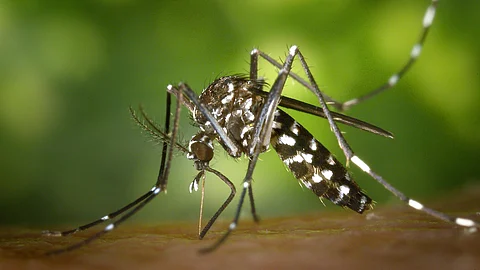The new study may offer context for why a recent dengue virus vaccine, called Dengvaxia, appeared safe and effective in just a subset of patients at risk for dengue infection. The vaccine was only FDA-approved for children who were ages 9 to 16—and lived in a dengue-endemic area, assuming that they have experienced dengue infection by that age. Subsequent licensure in other countries required an antigen test to prove previous exposure.
The vaccine didn't work if a person hadn't been exposed to dengue virus before. Could it be that their T cells weren't ready to jump into action?
As the new study suggests, it may take multiple dengue virus exposures to gain immunity. Weiskopf says scientists will continue to investigate how to harness T cells to fight dengue virus.


